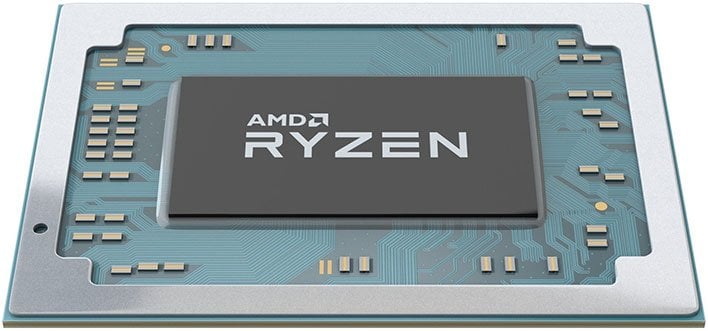New AMD Ryzen Desktop Processors May Arrive Sooner Than You Think

The latest news concerning AMD chipsets hails from DigiTimes, which claims that AMD's 600 series chipsets will also be produced (at least in part) by ASMedia, and will be available during the back half of 2020. This would push the launch of AMD's Ryzen 4000 series desktop processors further into the year than the current Ryzen 3000 family, which launched in early July 2019.
This doesn't come as much of a surprise to us, as AMD gave us a preview of its Zen 2-based Ryzen 3000 desktop processors at CES 2019 and talked up its power efficiency gains along with PCIe 4.0 support. However, AMD didn't say a word about its 7nm+ Zen 3-based Ryzen 4000 desktop processors at CES 2020, which suggested that an official launch is further out compared to its predecessor.
However, these chipset models could also signal the launch of new desktop APU SKUs as well, versus a product built on AMD Zen 3. Although logically, one would deduce AMD's X570 chipset may have a natural migration to a product called X600.
Regardless, if Ryzen 4000, codenamed Vermeer, is truly launching later in 2020, it likely won't be to the detriment of AMD. Its current generation Ryzen 3000 processors have been dominating the sales charts and whooping up on Intel's 14nm Core processors in multi-threaded benchmarks. While Intel might have the slight advantage in single-threaded applications, we don't know of anything on the horizon -- at least on the consumer desktop side -- that will be able to counter Ryzen 9 3900X (12 cores, 24 threads) and Ryzen 9 3950X (16 cores, 32 threads).
While Ryzen 4000 desktop processors were MIA at CES 2020, AMD did launch its Ryzen 4000 mobile processors at the show (yes, we know it's somewhat confusing). Those processors, however, are built on the existing 7nm Zen 2 architecture rather than Zen 3.

